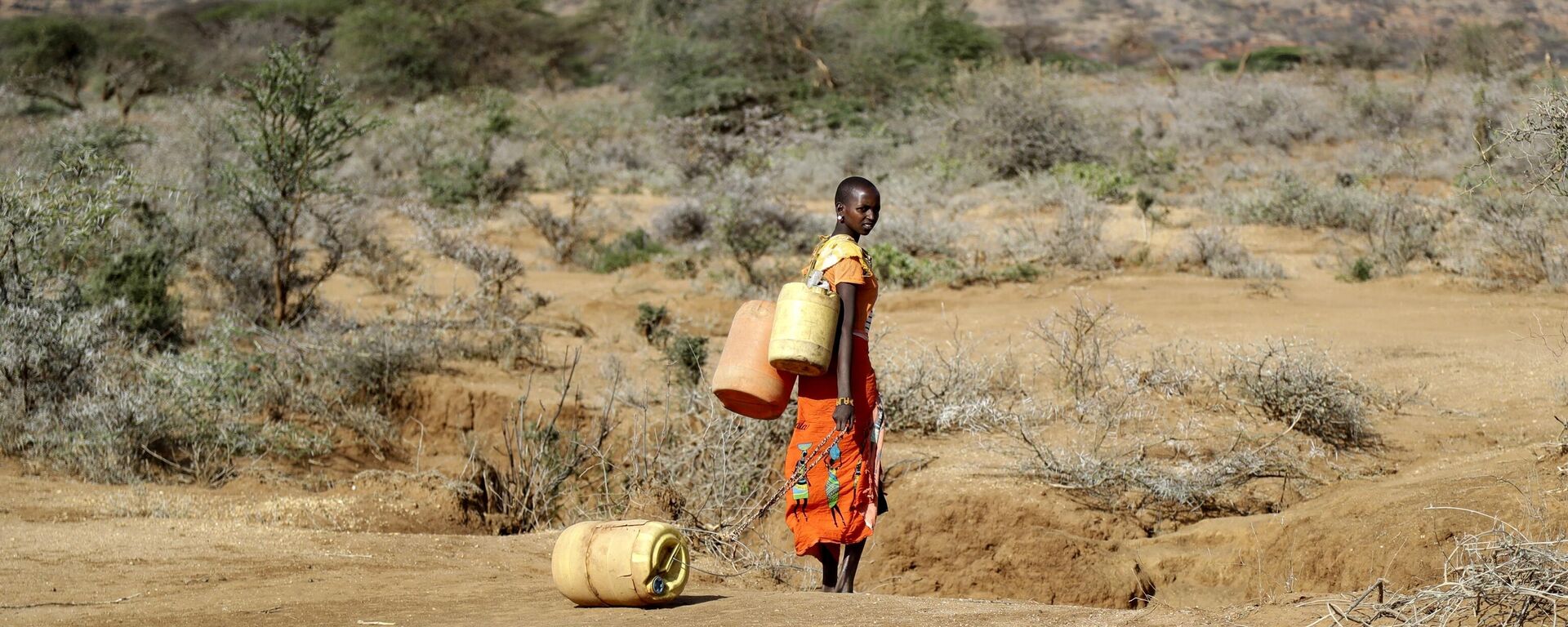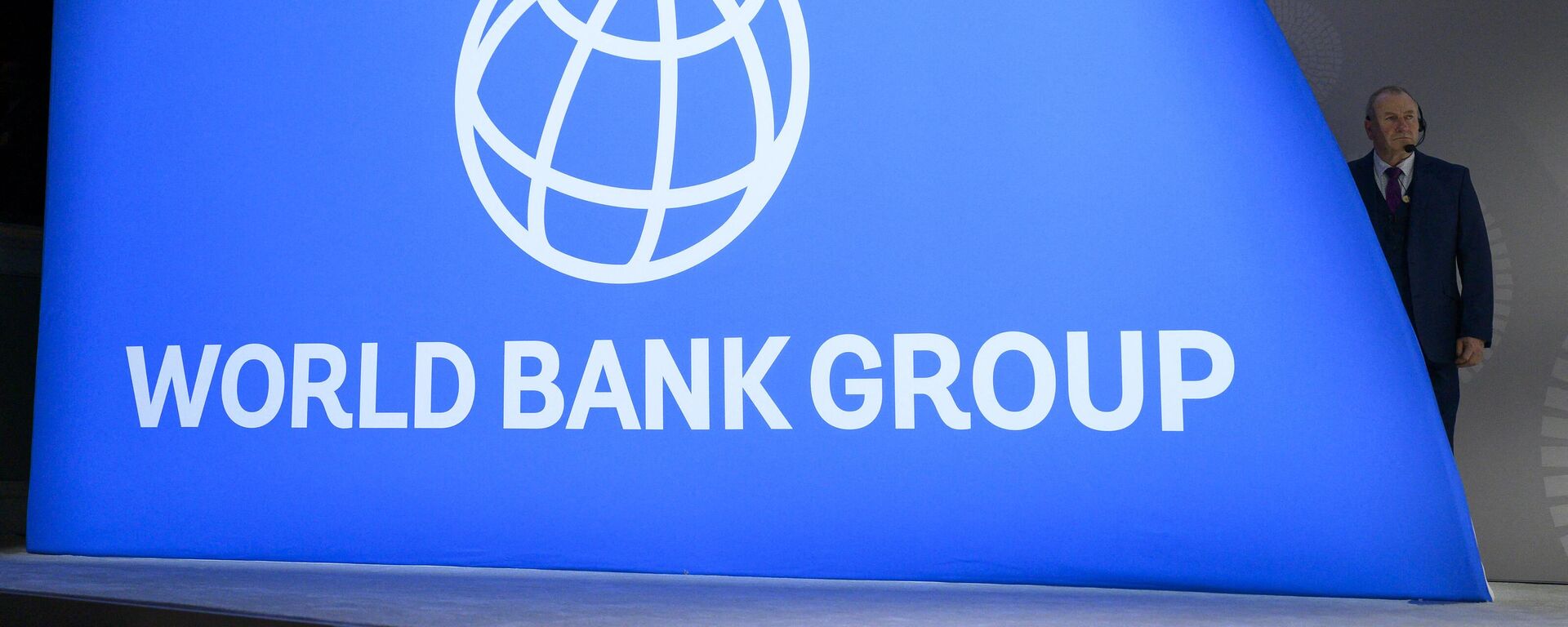Solution to 'Climate Change Pandemic' Lies in Africa: UN Expert
12:41 12.08.2023 (Updated: 12:49 12.08.2023)

© AP Photo / Anna Szilagyi
Subscribe
The world is slowly approaching the point of no return in deforestation and desertification, but there is still a chance to reverse this process if the international community starts acting now, according to the UN. In West Africa alone, the desert is expanding by 5 km per year in semi-arid zones, significantly affecting the agricultural sector.
Developed nations and Africa itself should look to the continent for the solution to the climate crisis, as its natural resources could be a tool to reduce greenhouse gas emissions, improve food security and preserve biodiversity, said Alain-Richard Donwahi, a former defense minister of Cote d'Ivoire who chaired last year's UN COP15 summit on desertification.
According to the official, Africa's natural riches range from minerals needed for renewable energy technology to forests, wind, sunshine and vast groundwater reserves.
"Africa is a continent of solutions. It’s a continent where you have the most natural resources. The people who have the finance should help the people who have the natural resources. It’s a win-win situation, a partnership situation," he said.
However, he emphasized that Africans should not wait for help and handouts, but should seize the opportunities offered by the nature of their homeland. Donwahi called on his compatriots to be ready to work together to create a better future for generations to come.
"If the Africans realize that Africa is a solution, they will act differently – they will come with a more positive attitude, that you’re fighting to find solutions together. That’s how we should think – you don’t want to always be the one waiting for the help, for the handout, waiting cap in hand," Donwahi explained.
He warned that the world could face major disruptions to food supplies even before temperatures rise to the 1.5C target, a climate threshold set by world leaders at a UN conference in Paris in 2015 to limit the temperature increase caused by climate change.
With the impact of drought on food security, migration and economic activity occurring faster than expected, it's time to act now, he stressed.
"Climate change is a pandemic that we need to fight quickly. See how fast the degradation of the climate is going – I think it’s going even faster than we predicted," he said, adding: "Some very bad things could happen, in terms of soil degradation, water scarcity and desertification, way before 1.5C [...].We could have an acceleration of negative effects, other than temperature."
Donwahi recalled that in recent years, the problems of rising temperatures, heatwaves and more intense droughts and floods have threatened food security in many regions, especially in Africa. He also touched upon the issue of poor farming practices, explaining that the degradation of soil comes with "bad habits."
In May last year, Cote d'Ivoire hosted the 15th Conference of the Parties (COP15) of the United Nations Convention to Combat Desertification (UNCCD). During the conference, climate activists and leaders from around the world renewed calls to reverse the disastrous cocktail of land degradation and desertification that fuels insecurity, poverty and hunger.
To implement the Abidjan Legacy Program launched at COP15, Cote d'Ivoire raised more than $2.5 billion in commitments from international donors. The new global cooperation framework aims to restore forests and land, increase food production and lift people out of poverty in the most vulnerable parts of the world.
"It’s not only the poor countries, everybody is in the same boat [on food security]. Climate change, droughts, storms, floods don’t know any boundaries, they don’t need a visa to go into a country," Donwahi highlighted.


